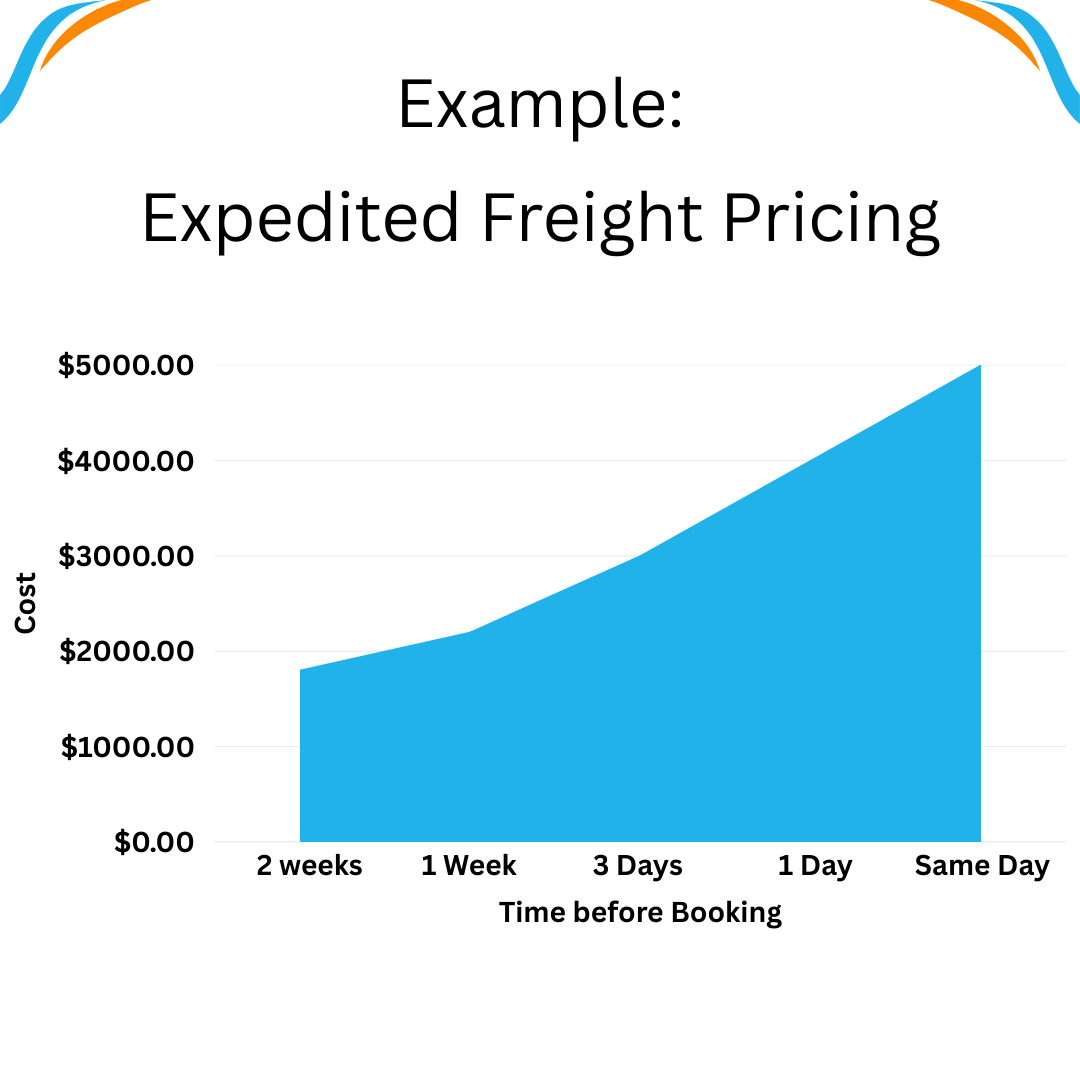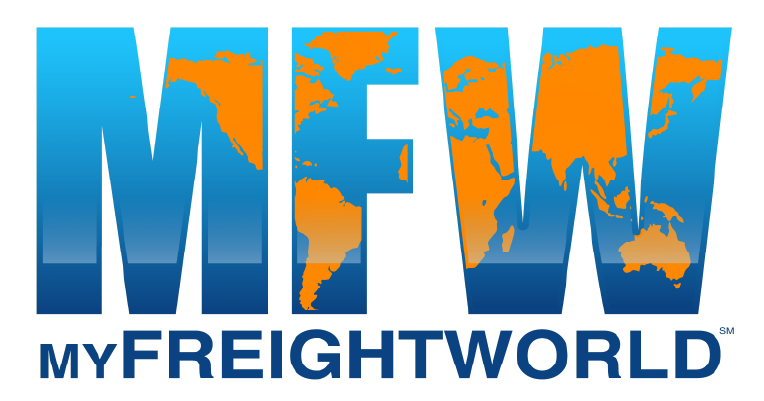
Introduction: The Truth About Expedited Freight
Expedited freight isn’t just about paying more for speed—it’s an entirely different logistics market. Unlike standard freight services, expedited shipping is reactive, meaning loads move at a moment’s notice, with no room for delays.
Shippers often find themselves frustrated with skyrocketing costs, limited carrier availability, and service inconsistencies—but with the right strategies, expedited freight can be an efficient and cost-effective solution.
In This Guide, You’ll Learn:
- What expedited freight is and how it works
- Why pricing fluctuates dramatically
- How load size impacts vehicle selection
- The biggest mistakes shippers make (and how to avoid them)
- Smart strategies to optimize costs and streamline operations
What is Expedited Freight?
Expedited freight refers to urgent shipments that require immediate transport with no delays. Unlike standard shipping methods—where loads are scheduled well in advance—expedited shipping operates on-demand, often requiring special handling and faster delivery.
Key Features of Expedited Freight:
- Direct Routing: No multiple stops or cargo transfers
- Priority Service: Shipments take precedence over standard freight
- Real-Time Availability: Rates fluctuate based on truck supply
- 24/7 Tracking & Visibility: GPS-enabled monitoring lets you check your shipment’s location in real time.
- Flexible Transport Options: Vans, box trucks, team drivers, or air freight

Example: If a company needs a last-minute shipment from New York to Los Angeles, a team-driver expedited truck would be required to ensure non-stop movement.
Why Expedited Freight Pricing is So Volatile
Expedited freight pricing fluctuates due to several market factors. Unlike standard freight, where lanes and contracts help stabilize costs, expedited rates change dynamically based on urgency, truck availability, and demand.
Major Factors Affecting Pricing:
1️⃣ Urgency & Time Constraints – Last-minute bookings cost more
2️⃣ Load-to-Truck Imbalance – More freight than trucks = price spikes
3️⃣ Location & Route Complexity – Remote locations cost more
4️⃣ Limited Carrier Pool – Few carriers offer last-minute capacity

Example Pricing:
Imagine you need to move a time-sensitive shipment from Chicago to Atlanta—a distance of 715 miles.
If you plan ahead and book the shipment two weeks in advance, the cost is around $1,800. But if you wait until the night before pickup, the price could surge anywhere between $3,500 and $5,000, depending on truck availability and demand.
Why the huge price jump? It all comes down to urgency, truck supply, and real-time market conditions. The later you book, the fewer available trucks, and the more you’ll have to pay to secure a spot.
How Load Size Impacts Expedited Service Options
Many shippers assume all expedited freight moves the same way—but the right vehicle depends on the shipment size.

Example: A shipper needs to send two pallets from Dallas to Nashville overnight.
❌ Bad choice: Book a full 53’ truck for $4,000.
✅ Smart choice: Use a sprinter van for $1,200—same speed, lower cost.
Matching the right vehicle to the load prevents unnecessary costs.
Common Expedited Freight Mistakes & How to Avoid Them
Many shippers waste money or experience delays due to avoidable mistakes.

Mistake #1: Assuming Availability is Guaranteed
Solution: Book early & work with brokers who have extensive carrier networks.
Mistake #2: Ignoring Driver Hours of Service (HOS) Rules
Solution: Use team drivers for long-haul expedited shipments to avoid restrictions.
Mistake #3: Overpaying for the Wrong Vehicle
Solution: Analyze shipment size & choose the most cost-effective transport.
Mistake #4: Expecting Expedited Freight to Be Price-Competitive
Solution: If time is flexible, standard truckload is always the cheaper option.
Avoid these mistakes to optimize costs & ensure on-time delivery.
Optimizing Expedited Freight with Smart Strategies
Carrier Matching
- Choose the best vehicle for your load—no more overpaying.
Pre-Booking Strategies
- Plan ahead to avoid last-minute rate spikes.
Real-Time Availability Tracking
- Work with brokers that monitor thousands of carriers for faster bookings.
Urgency-Based Cost Planning
- Compare sprinter vs. box truck vs. team truckload for optimal speed vs. cost.
Optimizing Expedited Freight with Smart Strategies
Carrier Matching
- Work with brokers who find the right vehicle for your load.
Pre-Booking Strategies
- Plan ahead to avoid last-minute rate spikes.
Real-Time Availability Tracking
- Use services that monitor thousands of carriers for faster bookings.
Urgency-Based Cost Planning
- Compare sprinter vs. box truck vs. team truckload for optimal speed vs. cost.
Quick Expedited Freight Checklist
✅ Can I plan ahead to avoid last-minute rate spikes?
✅ Am I choosing the right vehicle for my load size?
✅ Do I need team drivers for non-stop transit?
✅ Is my pickup/drop-off location accessible for expedited trucks?
✅ Am I working with a broker who has real-time truck visibility?
Need expert help? Contact MyFreightWorld for real-time expedited freight solutions!
Ready to Move Your Expedited Freight?
Get a quote now and find the best expedited shipping option for your needs.
